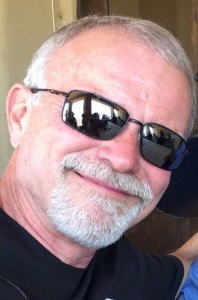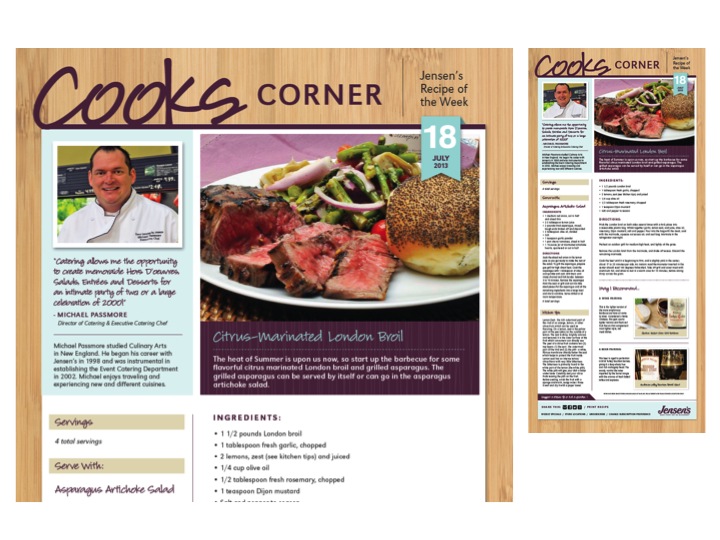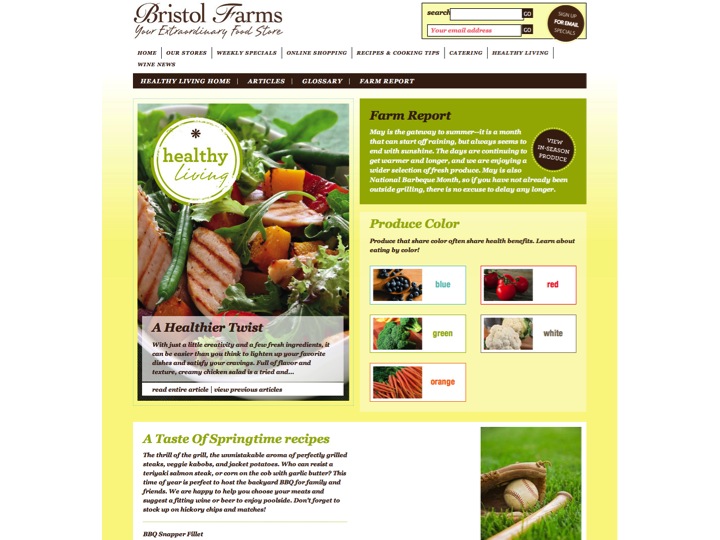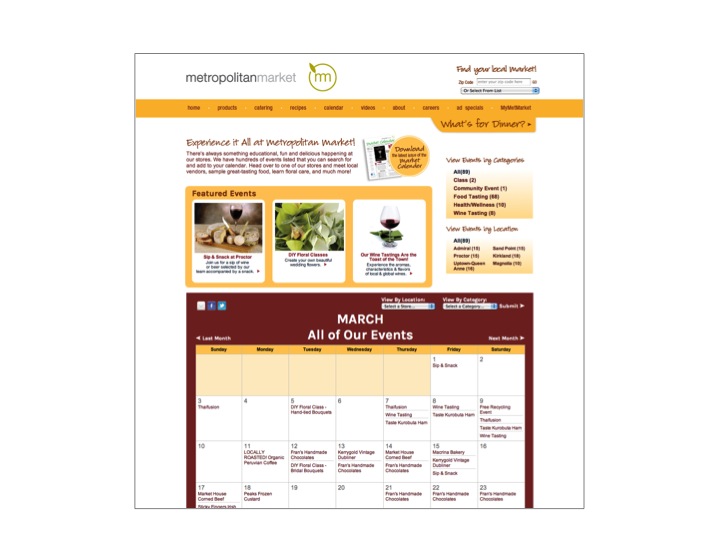DW's Blog
What 75 Years Taught Me About Shakespeare’s Most Puzzling Quote
by DW Green — September 11, 2025

“Shakespeare knew something profound about the human condition:
our experience of life is shaped not by what happens to us, but by how our minds engage with what happens.”
“There is nothing either good or bad, but thinking makes it so.”
For most of my life, this line from Hamlet puzzled me. It seemed almost dismissive of real hardship, as if Shakespeare was suggesting we could just think our way out of genuine pain and loss. How could someone say that about divorce, death, illness, or any of the inevitable struggles that come with being human?
But after 75 years of living—75 years of testing this idea against real experience—I can say with certainty that the quote is true. Not in some superficial “positive thinking” way, but in a much deeper, more practical sense that took decades to understand.
WHEN ANCIENT WISDOM MEETS PRESENT MOMENT
This morning I encountered a teaching from Buddhist teacher Kaira Jewel Lingo that suddenly made Shakespeare’s insight crystal clear. She spoke about “present moment, wonderful moment” and explained something profound: “There’s a certain amount of pain that we’re all going to have in our lives; that’s unavoidable. But whether or not we suffer on top of that pain is up to us.”
There it was—Hamlet’s wisdom translated into plain language. Pain is real and inevitable. The death of a spouse, the loss of health, disappointment and heartbreak—these aren’t made good or bad by our thinking. They simply are. But what we do with our minds in response to these experiences? That’s where we have choice.
THE QUOTES THAT JUST SHOW UP
What I’ve learned is that wisdom has a way of arriving exactly when we need it. Those Shakespeare quotes don’t come to mind randomly—they show up in moments when I’m mentally and intellectually forced to pause and consider what’s happening in context with what’s actually happening right now.
That pause is everything. Instead of being swept along by automatic reactions, the unexpected arrival of these words stops me mid-stream and makes me really look at my experience. Am I adding a layer of resistance and struggle on top of what’s already difficult? Am I fighting what shouldn’t be happening instead of meeting what is?
Lingo shared how she helped a grieving woman who was struggling with the “wonderful moment” part of the teaching. She offered alternatives: “It can be present moment, opening to the moment. It can be present moment, allowing the moment. It can be present moment, feeling the moment.” And then this: “If it’s not appropriate for you to go towards wonderful, it can be just ‘present moment and it’s the only moment.’ That’s why it’s wonderful. It’s the only moment we have.”
THE STUBBORN DIRECTIVE OF BEING TRUE
This connects to another Shakespeare quote that has guided me with stubborn persistence: “This above all: to thine own self be true, And it must follow, as the night the day, Thou canst not then be false to any man.”
Being true to yourself means honestly acknowledging what you’re experiencing without the added layer of “this shouldn’t be happening” or “I should feel differently.” It means meeting your actual life—not the one you planned or hoped for, but the one that’s unfolding right now.
There’s tremendous freedom in this kind of radical honesty. When you stop fighting reality, when you can turn toward all of life “with an open heart rather than pushing away,” something shifts. The circumstances might not change, but your relationship to them transforms.
THE SIMPLE JOY OF BEING
After all these years, what I’ve discovered is something beautifully simple: the joy of simply BEING. Not the joy that depends on things going well or getting what we want, but the deeper satisfaction that comes from being fully present to whatever is happening.
This isn’t about forcing positivity onto difficult experiences. It’s about recognizing that this moment—however challenging—is the only one we actually have. We aren’t guaranteed any future moment. As Lingo put it, “if we’re going to live it, we have to decide to live it.”
Shakespeare knew something profound about the human condition: our experience of life is shaped not by what happens to us, but by how our minds engage with what happens. That dogged awareness of mind and spirit, that willingness to keep returning to what’s true, that openness to the unexpected arrival of wisdom— these practices don’t eliminate life’s difficulties.
They do something better. They help us find the wonderful in the present moment, not because everything is wonderful, but because this moment is all we have, and choosing to be fully alive to it—that choice itself is wonderful.
Seventy-five years of living proves it true.
Read More – Talk, talk, talk
Filed Under: DW's Blog





















































